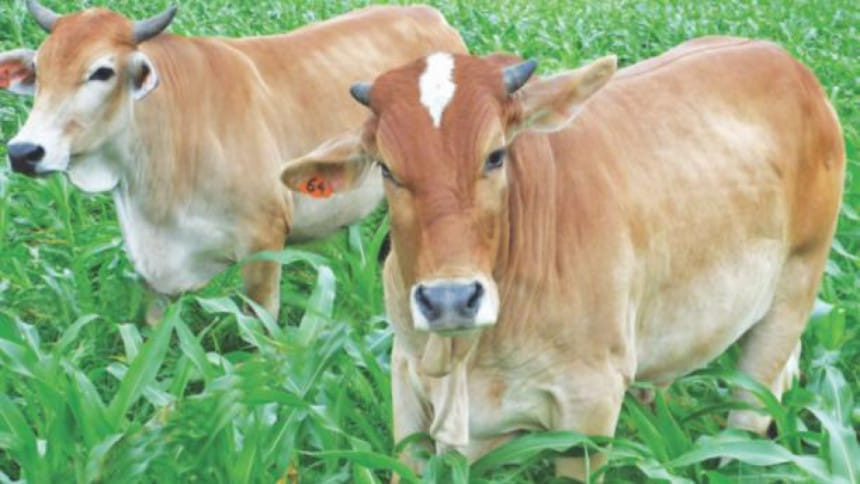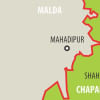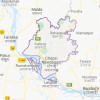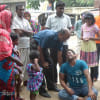Low demand for milk puts cattle rearing community in distress

Pasturers rearing cattle for milk in Chapainawabganj are facing hardship as the demand for their product plunged following the coronavirus outbreak in the country.
Wholesalers, who buy milk from the cattle grazers to supply to eateries, tea-stalls and sweet shops, have reduced their purchase because these establishments are all closed.
Many individual households have also stopped purchasing milk from milkmen as a precaution to avoid virus infection, said the cattle grazers, locally known as "rakhal".
In Chapainawabganj, rakhals mostly belong to the Ghosh community, who move in groups with their cattle from village to village in search of pasture land.
Their animals of native species are adapted to the country's environment and are at less-risk from diseases. Besides, this rearing method is less expensive, rakhals say.
However, even their traditional low-cost method is not of much help under the current circumstance.
"Earlier, we were selling milk at Tk 40 to Tk 50 per litre to the wholesalers. After the decrease in demand, they pay us between Tk 20 to Tk 30 per litre," said rakhal Mohammad Bhiku.
The quantity wholesalers and milkmen purchase has also gone down, he added.
This correspondent met Bhiku at a grazing land in Babudying village, 25 kilometres away from his home in Ramchandrapur Haat in Chapainawabganj sadar upazila.
Bhiku, along with a group of herders, were staying at makeshift tents in the field, where their cattle were grazing.
"The money we are earning is not even enough to pay for our own expenses. How can we send money to our families back home?" wondered Faruk Rahman, another rakhal who came from Jenaikhor village of Rajshahi's Tanore upazila.
Mohammad Rana, a milkman from Chapainawabganj municipal area, said, " Earlier, I collected around 120 litres of milk a day from the rakhals, but now I buy only 20 to 30 litres of milk."
He said only a few households, where he sells milk, are still taking delivery.
"I don't know when the situation will be normal again," he said.

 For all latest news, follow The Daily Star's Google News channel.
For all latest news, follow The Daily Star's Google News channel. 








Comments